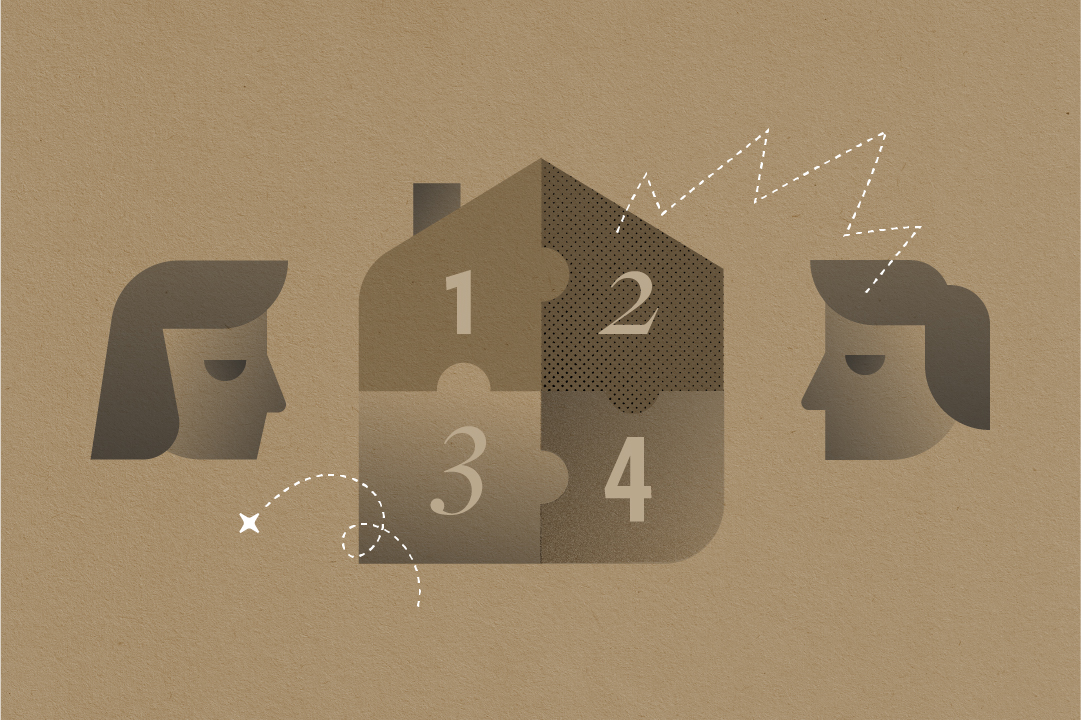There are numerous media reports about the fact that the Family Court system is in a state of crisis.
The Crisis in the Family Court System
There are numerous media reports about the fact that the Family Court system is in a state of crisis. There are long delays in the resolution of parties’ disputes by the Court and this causes much angst for the parties and their children often resulting in mental health issues for all involved but is especially concerning in children. One recent article on the topic is from Katherine Gregory entitled Judges go public: Family Court shouldn’t be ‘making do’. Fingers are pointed in various directions to cast blame depending on who you listen to including that there is a chronic lack of funding and resources, that the aggressive attitude of some lawyers is to blame and so on.
As a significant measure, in an attempt to address the existing crisis in the Family Court System, the Federal Attorney General announced some months ago, quite unexpectedly and without much apparent consultation, the merger of the Family Court with the Federal Court. There has been substantial criticism about this measure, for example by the Law Council of Australia President, Morry Bailes who stated:
“Our current understanding is the Australian Government will not make any new appointments of judges to the specialised Division 1 of the new court, meaning the quality of the family law justice system would reduce under this change. Australians may no longer have access to a court that specialises in family law.”
The message from various Judges and other people involved in the Family Court system is that a Court having to resolve a family law dispute should be the last resort.[1]
Alternative Dispute Resolution
Former Federal Circuit Court Judge, now barrister, Stephen Scarlett suggested that alternative dispute-resolution methods, like mediation and arbitration should be more prevalent so only matters needing a judicial decision made it to court in the first place:
“Only those that can’t be resolved that way should go to a hearing.” [2]
This would not only reduce the load on the courts but offer faster and often more effective means to achieve suitable outcomes for the parties in dispute. Alternative dispute resolution offers many ways to resolve family matters quickly, fairly and inexpensively through mediation and negotiation.
What is Alternative Dispute Resolution?
There are various definitions about what Alternative Dispute Resolution (ADR) is including from the Commonwealth Attorney General’s Department:
“In an ADR process an independent third person helps people to resolve their dispute. ADR processes do not include judicial determinations, such as decisions made by a court or tribunal. “[3]
In my view, ADR is wider than the above definition and it includes, for example, two parties who have decided to separate who choose to negotiate around the kitchen table. It also includes, I think, parties and their lawyers meeting and negotiating without a mediator.
Parties involved in a family law dispute should always seriously consider addressing their disputes through ADR.[4]
What are the advantages of ADR?
There are many reasons why ADR is normally the better way to resolve a family law dispute including that:
- The process is normally cheaper than litigation;
- The dispute is normally resolved earlier than matters which must proceed to a final hearing;
- ADR practices are more flexible and the outcomes available to parties are normally much wider ranging than what a court can do;
- Parties will have some ownership about the final outcome;
- Parties tend to be less “broken” (financially and otherwise), less stressed or anxious than in cases that proceed to a final hearing;
When explaining the ADR processes to clients, I often explain that the possible outcomes via ADR are much more wide ranging and that they are only limited by their own imagination when considering the possible outcomes available to them to achieve a solution.
I have witnessed on various occasions parties who resolved a dispute via ADR who ended up embracing and crying together at the conclusion of the process. Generally, those parties will have a better capacity to move on and also to have an appropriate post dispute relationship, for example, in cases where they must continue to co-parent their children.
The different types of Alternative Dispute Resolution
ADR may take different forms including
- Mediation – when a trained person “mediates” negotiations between the parties. There are different styles of mediation including:
- Conciliation;
- Collaborative law;
- Arbitration;
- Negotiations by parties themselves;
- Negotiations between parties and lawyers but without a mediator (“four-way meetings”)
In some circumstances the ADR process cannot be applied:
- There always must be a level playing field between the parties involved in the process.
- Sometimes, the parties are not suitable.
- There may be a history of domestic violence in a case which makes the prospect of parties having to negotiate via an ADR process inappropriate.
However, in the clear majority of cases, about ninety-five per cent (95%) parties want to resolve their dispute and they manage to resolve their family law dispute before the matter reaches a final hearing. [7]
The family lawyers at elringtons are committed to following all avenues of negotiation and mediation before suggesting court proceedings.
[1] https://www.lawcouncil.asn.au/media/media-releases/as-it-stands-merging-courts-unlikely-to-alleviate-family-law-crisis
[2] https://www.abc.net.au/news/2018-10-31/judges-go-public-family-court-shouldnt-be-making-do/10450514
[3] https://www.ag.gov.au/LegalSystem/AlternateDisputeResolution/Pages/default.aspx
[4] https://elringtons.com.au/2018/11/family-law-dispute-resolution/
[5] http://www.mondaq.com/australia/x/170796/Arbitration+Dispute+Resolution/Alternative
[7] https://elringtons.com.au/2011/03/family-law-settle-out-of-court/
Further reading

elringtons lawyers regularly provide legal advice in relation to a range of Family Law matters. Please contact our Family Law Team for more information or to make an appointment call (02) 6206 1300












